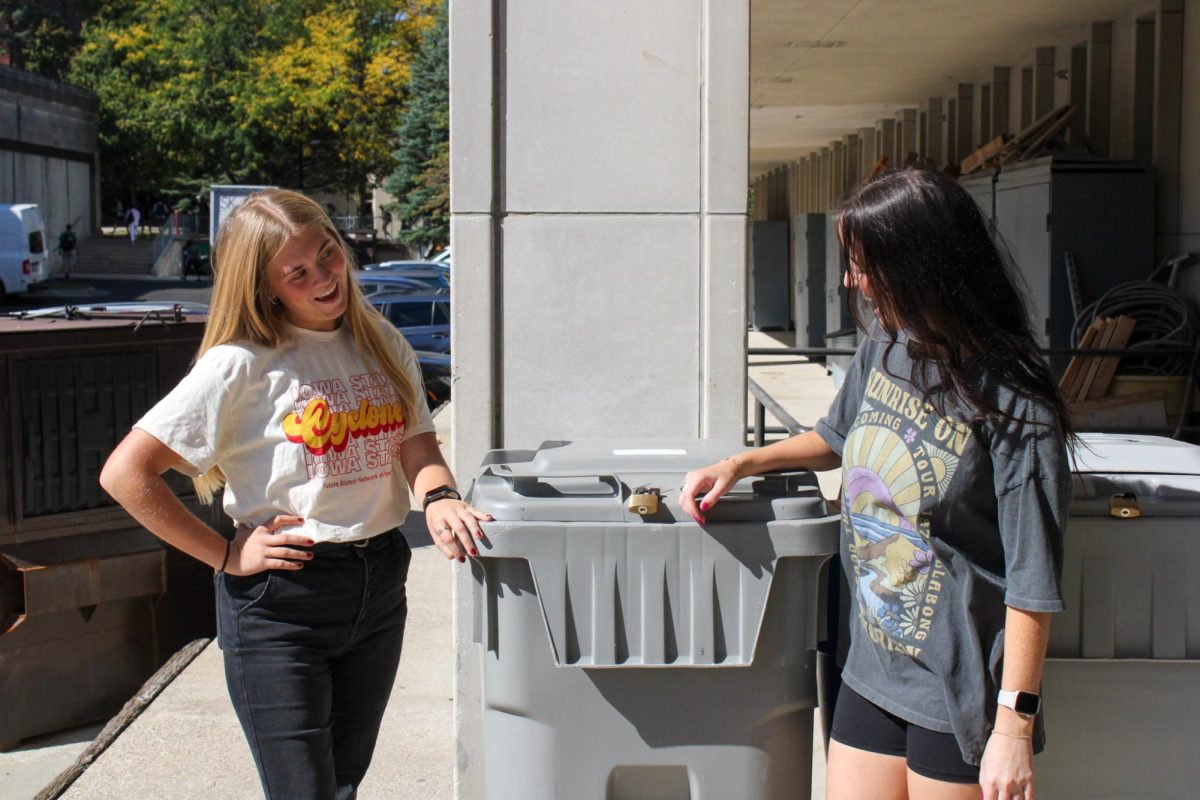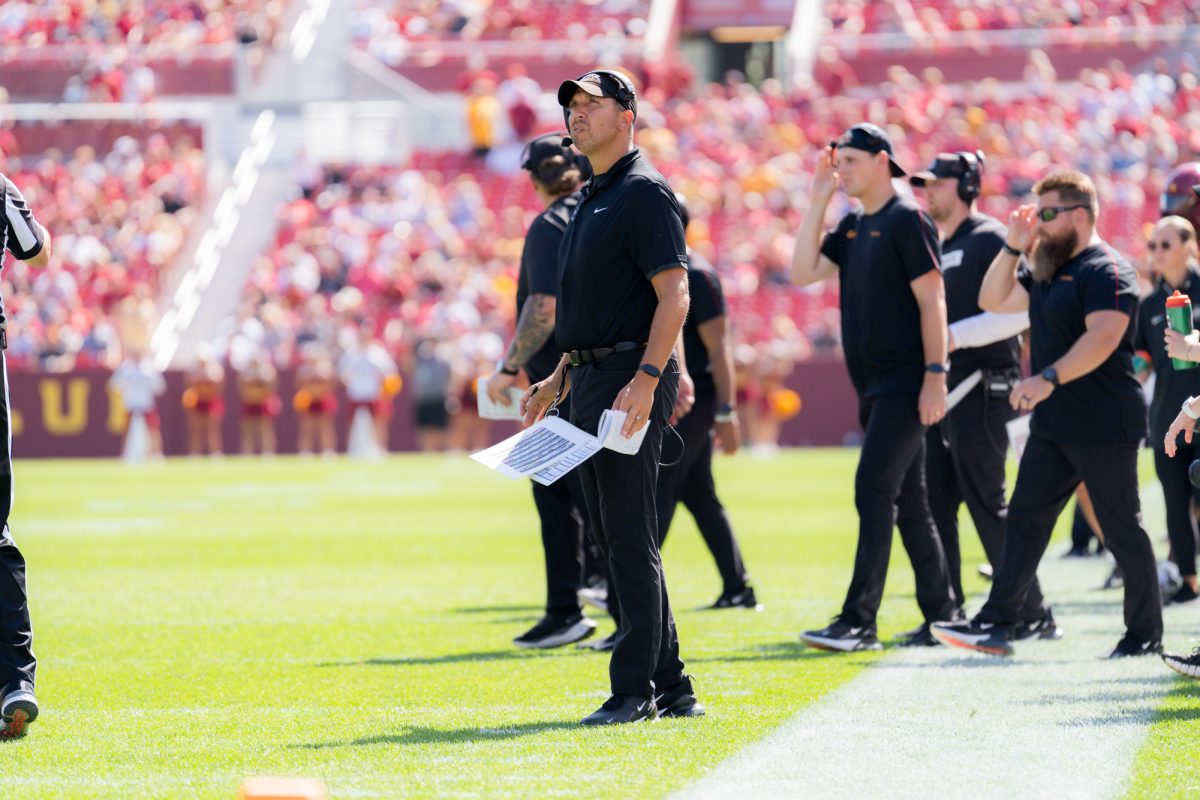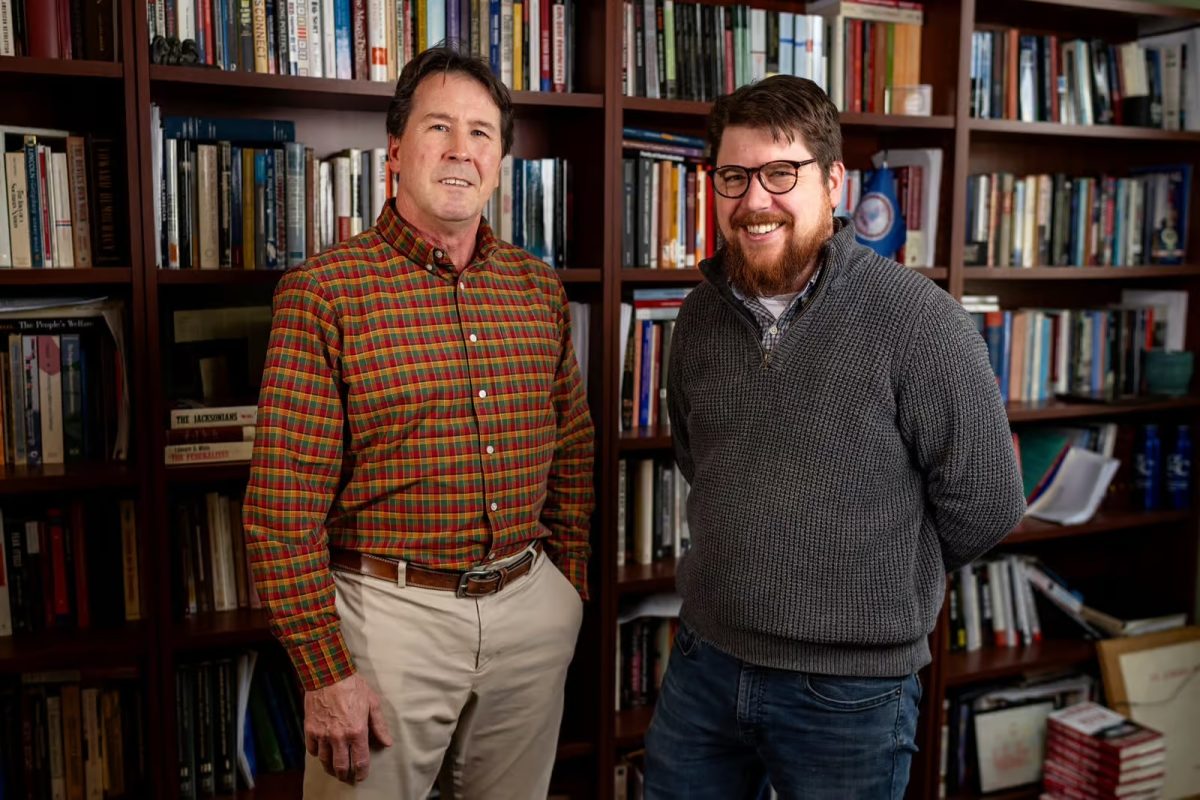One man’s death: America’s wake-up call
October 15, 1998
In that desperate biweekly search for a column, I attempt and then quickly kill many ideas. For example, this column was going to be my take on the Clinton situation, until I decided that doing so would be lunacy.
Adding my voice to the chorus of all the columnists in America shouting out our opinions about what was right — that we were right — would be like leaving a faucet on during a flood.
I feared that those 800 words would merely wash the final remains of rational thought in America to points unknown. Probably Canada.
But sometimes, events occur that scream to be commented on, in the hopes that we can make sense of them. This happened last Sunday night when I heard of the tragedy that was Matthew Shepard’s final days.
For those of you who haven’t heard of the case, Shepard was a senior at the University of Wyoming. He also happened to be gay. He began the final battle of his 21-year life on Oct. 6th when he was lured from a bar by two other men.
From there, the men brutally beat the 5’2″, 105-pound Shepard, shouting anti-gay slurs at him throughout his ordeal. They pistol-whipped him so severely that doctors could not operate on his crushed skull.
They tied him to a fence, stole his shoes and wallet and left him in the near-freezing Wyoming night to die.
Shepard wasn’t found until the next night. He was nearly mistaken for a scarecrow. He was taken to a Colorado hospital and never regained consciousness, dying early Monday morning.
In the wake of Shepard’s death, new and overdue attention is being paid to hate crimes all over America, especially those committed against gays and lesbians.
I was surprised when Shepard’s father proclaimed to the press that he didn’t want Matthew to be used as a symbol. I can understand why a grieving parent wouldn’t want their child to be a martyr for a movement. A political cause is more anonymous and far-reaching than the child that they knew and loved.
It’s a shame that Matthew Shepard will only be known for the atrocious way he died and not for what he contributed in life.
His death was America’s wake-up call. Now we have an idea how low our hate can take us, and we can hopefully do something about it.
But we have a little hurdle to clear before we can do so. It’s called homophobia. As it has been discussed in the Daily since the beginning of time, homophobes have many reasons for their prejudices:
They think that homosexuals are depraved because they love someone of the same sex. That if the Bible didn’t allow for homosexuality, then it cannot be allowed two thousand years later.
They think that people who are gay choose to be. They think that gay people will convert all the innocent neighborhood children into an evil lifestyle from which they can never return.
They believe that lesbians hate men and that gay men just want to watch “Hello, Dolly!” while listening to “The Wizard of Oz” soundtrack for the umpteenth time. They think that gay people can be converted. Finally, just thinking about gay sex makes them nauseous.
However, homophobes need to realize this: Like heterosexuals, homosexuals aren’t all about getting some. In fact, the people I’ve met throughout my life who happen to be homosexual may have sex on the brain less than heterosexuals. People who are gay live normal lives except for one small factor.
And what I really can’t understand is why Matthew Shepard’s murderers and people like the Rev. Fred Phelps (who is planning on bringing his band of merry followers to protest at Shepard’s funeral — charming, huh?) are so hung up on this small detail that they want to kill or dedicate their lives to harassing gay people. What is it about gay people that threatens homophobes so much?
In these days following Matthew Shepard’s death, we may actually solve this mystery.
I hope America sees what happened in Wyoming as a somber lesson to be learned and acts accordingly. Matthew Shepard wouldn’t have wanted to die in vain.
If you want to remember Matthew Shepard’s memory, a candlelight vigil will be held tonight at 9:30 at the Campanile. Let’s hope Matthew is in a more tolerant place now.
Tori Rosin is a sophomore in journalism and mass communication from Portage, Wisc.






